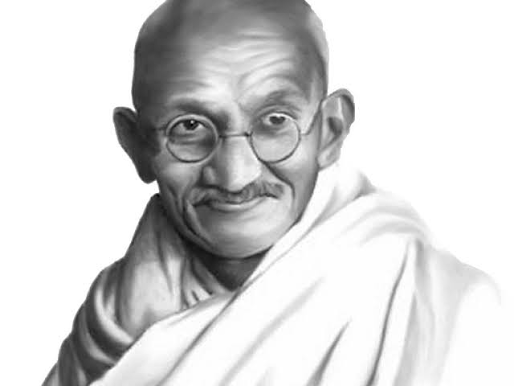Michio Kaku Biography
.jpg)
Michio Kaku is a renowned theoretical physicist and popular science communicator. He was born on January 24, 1947, in San Jose, California, USA, to Japanese immigrant parents who had been interned during World War II. Kaku showed an early aptitude for science and attended Cubberley High School in Palo Alto, California, where he graduated summa cum laude in 1964. He went on to study physics at Harvard University, where he received his B.S. degree in 1968, and then pursued graduate studies at the University of California, Berkeley, where he earned his Ph.D. in 1972. After completing his studies, Kaku joined the faculty of the City College of New York, where he has remained throughout his career. He is currently a professor of theoretical physics at the City College of New York and a professor of physics at the Graduate Center of the City University of New York. Kaku is best known for his work on string theory, a theoretical framework that attempts to reconcile quantum mechanics and gener...

Comments
Post a Comment